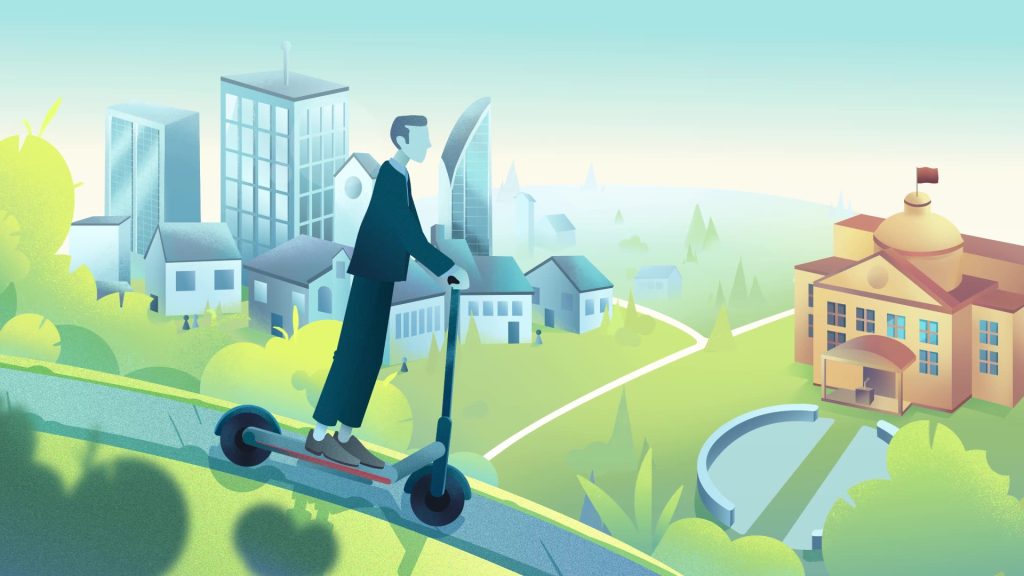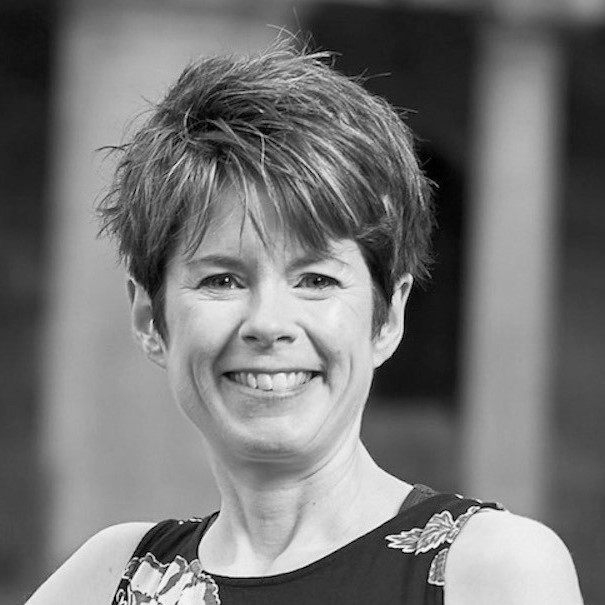
CAST has received a further five years of funding from the ESRC for Phase 2 of our research. We will be focused on tackling hard-to-change behaviours – aka ‘sticky issues’ like flying and eating meat – in order to accelerate social transformations to net zero.
We are thrilled to announce that CAST has received a further five years of funding from the Economic and Social Research Council (ESRC) for Phase 2 of our research, which will enable us to build on and apply our insights on fair and effective climate action, and ultimately accelerate social transformations to net zero.
In this blog post, we look back at what we achieved in Phase 1 and outline our key objectives moving forward for the next five years as a leading centre helping the UK achieve its climate and wider sustainability goals.
What has CAST achieved in the last five years?
Since the formation of CAST in 2019, we have become the internationally renowned global hub for understanding transformation and addressing the fundamental question: how can we live differently – and better – in ways that meet the urgent need for rapid and far-reaching emission reductions?
During this time, we have advanced understanding of how to transform lifestyles, organisations and social structures in order to achieve a low-carbon, sustainable future, a mission that we will continue to carry out in Phase 2. The urgent need for a new approach to climate policy means that, for our next phase, we will be focused not only on advancing understanding but also on translating the weight of evidence into actionable policy and practice.
One of our most notable achievements as a centre so far has been that our research – indicating the importance of a people-centred approach to climate action – has become embedded in key policies and institutional decision-making, such as embedding climate action in local government decision-making and the Skidmore Review of Net Zero. Our next phase will build on this success, focusing on embedding these approaches more deeply and evaluating them with a view to accelerating transformations to address climate change.
Within our four interdisciplinary research and engagement Themes (Visioning, Learning, Trialling, Engaging) and CAST Impact Fund projects, we have delivered timely multi-method evidence, capacity building and networking, and participatory, multi-level experimentation. Within our research, we have strived to help the UK meet its net zero and sustainability goals and deliver improvements and legacy in policy and social science and will continue to do so in Phase 2.
To summarise five years of CAST research, we launched our key messages report at our CAST Showcase event in March this year. The report synthesises key messages from our first phase of research and sheds light on how we can achieve the social changes needed to tackle climate change. Three key insights from our report can be found below.
3 key insights from five years of CAST research:
1) People have multiple roles to play, across scales, in accelerating climate action
Transformative change can only be achieved if undertaken with the support and involvement of the people who will be affected. Policy and media discourse on climate solutions tends to frame people as merely ‘consumers’. However, people have various roles to play in accelerating climate action (e.g., as consumers, citizens, professionals, parents, community members and policy-makers), changing both lifestyles and wider societal structures.
2) There is conditional public support for decisive action on climate change
Public support for climate action is more likely when it is fair, achieves co-benefits, retains freedom of choice and has sustained government support. An absence of leadership and discourses of delay can promote climate inaction and undermine public belief that low-carbon futures are possible.
3) Transformative change should embrace diverse perspectives and act on systemic barriers
Transformative change requires bringing together different groups and designing measures that remove diverse barriers to action. Effective interventions make climate action easier, more affordable and more normal for people – and are timed with moments at which people’s routines are disrupted (e.g. when moving house).
Why do we need a CAST Phase 2?
The need for transformation couldn’t be more imperative, with international progress on climate shown to be off-track and UK climate action falling behind the pace required to meet its targets. Three major barriers in tackling climate change remain: social, political and behavioural.
The last five years have seen landmark scientific and policy reports calling for more social and demand-side action to tackle climate change. Such reports include the IPCC’s Sixth Assessment Report, the Skidmore Review of Net Zero and the House of Lords inquiry on behaviour change for climate goals.
We have also witnessed major international crises, including the COVID-19 pandemic, the Ukraine invasion, the cost-of-living crisis and climatic extremes, that have caused tremendous suffering and hardship, disrupted lifestyles, and shed light on how radical change occurs.
Additionally, there continue to be growing challenges to climate change mitigation, including discourses of delay, public backlash against key net zero policies, cultural norms associated with consumption, unsystematic government and corporate leadership, and overconfidence in technological/market-focused solutions.
Our key objectives for CAST Phase 2
Our overall objective for the next five years of CAST (2024-2029) will be to translate our key insights into widespread and long-term action, exploring routes to transfer, accelerate and solidify transformation (including in new action areas).
In order to achieve this, we plan to:
- Extend and synthesise our research on how to transform behaviour, organisations and systems of governance to achieve a sustainable, net zero society, including via longitudinal tracking of public engagement and evidence reviews.
- Expand our academic and stakeholder partnerships to co-produce new research with diverse funding sources, while continuing to support and develop CAST’s existing staff and students.
- Communicate insights and apply tools based on CAST Phase 1 work to accelerate progress towards net zero while delivering wider societal benefits.
- Convene new stakeholder coalitions to identify opportunities to accelerate action in policy, business and civil society.
Through projects in our four Themes (Visioning, Learning, Trialing, Engaging), using primary and secondary research and diverse engagement methods, we will explore public perceptions of ‘sticky’ issues that spark controversy (e.g. frequent flying), apply novel engagement methods to involve diverse voices in decision-making and co-produce experimental interventions to cut emissions through changing practices and policies.
Through multiple channels of engagement (training, briefings, workshops, etc.), we will bring together coalitions of decision-makers in key sectors to identify climate solutions and augment the use of social science in climate policy advice (e.g. the CCC and international equivalents). We seek to place public engagement at the heart of climate policy at national, devolved and local governance levels and to further evidence the social mandate for bold climate policy. We will align our briefings and advocacy with the key issues affecting social and behavioural change at scale in the public debate, in particular, to allow politicians and policy-makers to build rapid consent for net zero and minimise the risk of harmful backlash.
Fundamentally, we will deliver outputs that will help the UK achieve its climate and wider sustainability policy goals.
Our CAST Director, Prof Lorraine Whitmarsh MBE, on the CAST phase 2 announcement:

“We’re thrilled to have received a further five years of funding from the ESRC to enable CAST to build on and apply our insights on fair and effective climate action, and ultimately accelerate social transformations to net zero. CAST has become the go-to source of expertise and evidence on low-carbon behavioural and organisational change, public engagement, and governance. In Phase 2, we will focus on tackling the ‘sticky’ issues that spark controversy, like frequent flying and changing diets, bringing together key decision-makers to identify and apply climate solutions, and helping policy-makers to build rapid consent for net zero.”
To view our full list of outputs from Phase 1, visit our resources menu. To learn more about our research findings on social transformations and climate action from the past five years, read our CAST key messages report: ‘Catalysts of Change: People at the Heart of Climate Transformation. Key messages from five years of social science research on climate change’.
Follow us on Bluesky and LinkedIn and subscribe to our newsletter for future updates from the CAST team.
